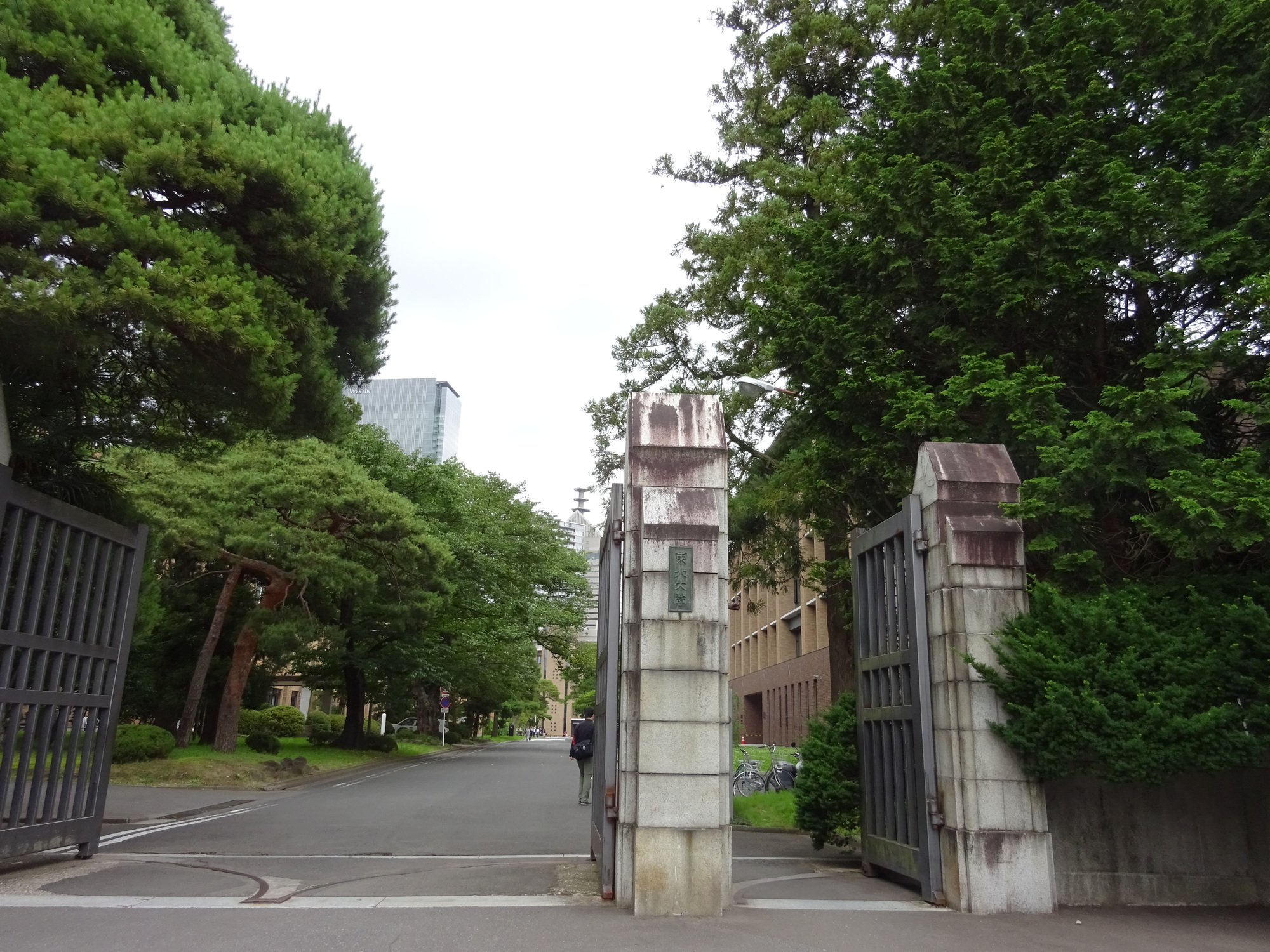A joint survey by Tohoku University International Research Institute of Disaster Science, Watari Town, Miyagi Prefecture, and Survey Research Center Co., Ltd. to understand the status of evacuation behavior against the Fukushima-ken-oki earthquake and tsunami that occurred on November 2016, 11. The study was conducted.
This survey is based on 2016 people who currently live in the Arahama and eastern Yoshida districts of Watari Town, where evacuation orders were issued by the Fukushima-ken-oki Earthquake on November 11, 22, and in the tsunami inundation area that occurred on March 2011, 3. I went to the household.The number of valid collections is 11.
About 60% of the respondents were in their 6s or older, and more than 6% of the respondents were "totally destroyed" or "large-scale half-destroyed" in the "damage judgment" of the Great East Japan Earthquake.According to the survey, at the time of the earthquake, the rate of staying at home was about 9%, and less than half were sleeping.The tsunami warning (6:2), evacuation order (6:50), and tsunami warning (8: 9) are all about 9% of the cognitive status, and about 25% of the evacuees are "tsunami warning". Was used as a criterion for determining whether evacuation was necessary.
More than 3% of the respondents did not evacuate, and about 4% of them "thought" to evacuate. More than 5% answered that they did not think about evacuating.The reason for this was that "I thought that a big tsunami would not come" was the most common at 57.2%, "I gave priority to collecting information on TV and radio" at 29.4%, and "I gave priority to going to work / school". 26.7% and "because the neighbors were not evacuated" 14.4%.
In addition, about 6% of the respondents answered that they had participated in comprehensive disaster prevention drills.Among households with participation experience, 37.6% were "utilized" in this evacuation behavior, including 15.5% who "utilized" the training experience and 53.1% who "there were both points that were utilized and points that were not utilized". There was a point that was done. "Regarding the experience of the Great East Japan Earthquake, 47.7% answered that they were "utilized" and 14.9% answered that they were "utilized", including 62.6% that "there were both points that were utilized and points that were not utilized". bottom.
The results of this survey will be used for studying disaster prevention measures in Watari Town, and will be widely used for activities such as disaster prevention research, news reports, public relations and enlightenment.

